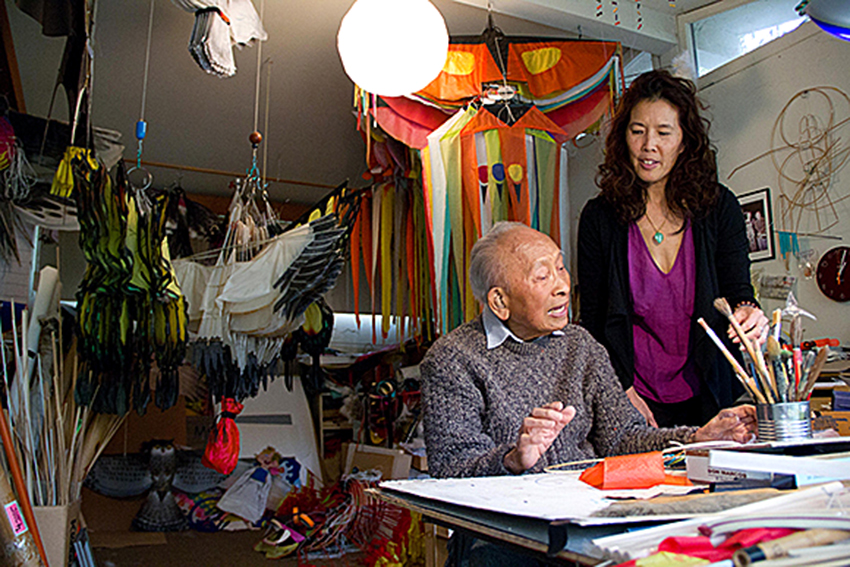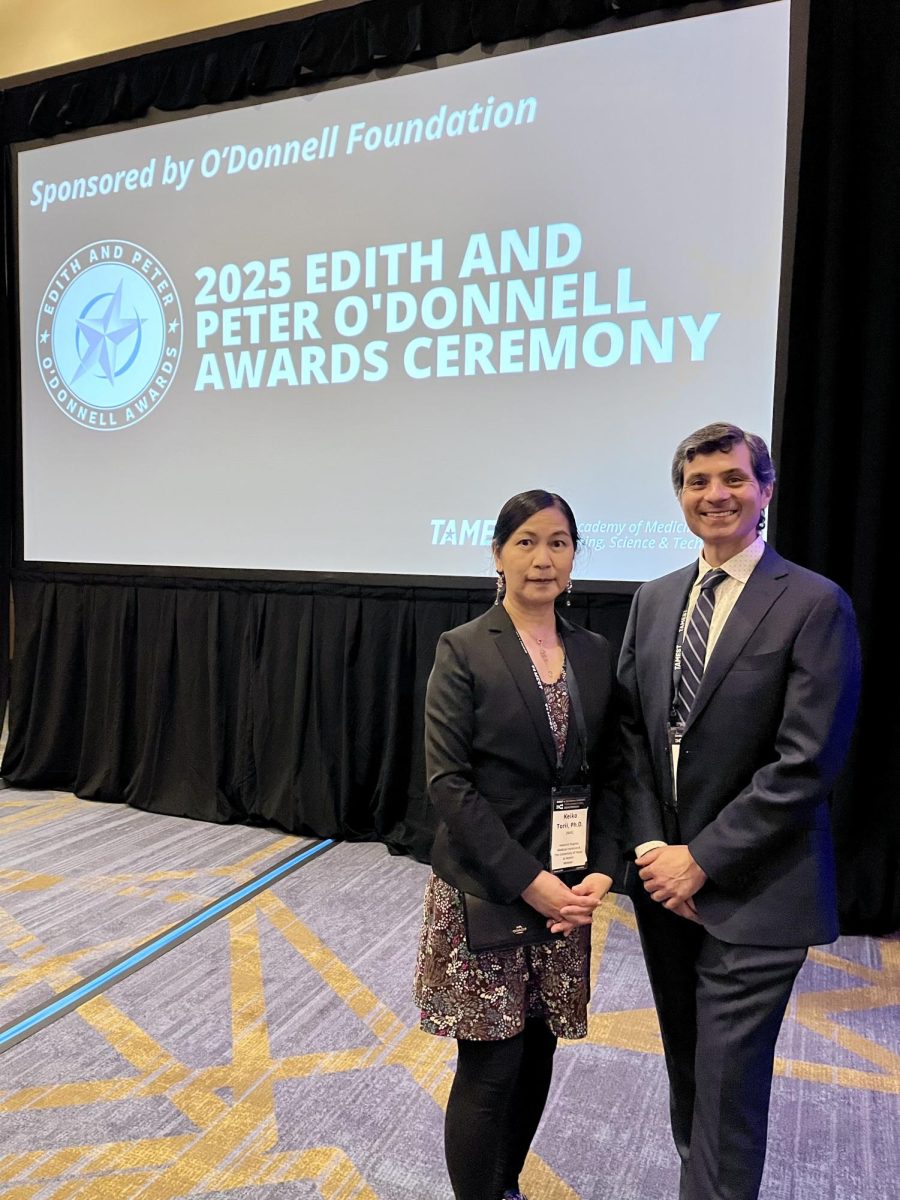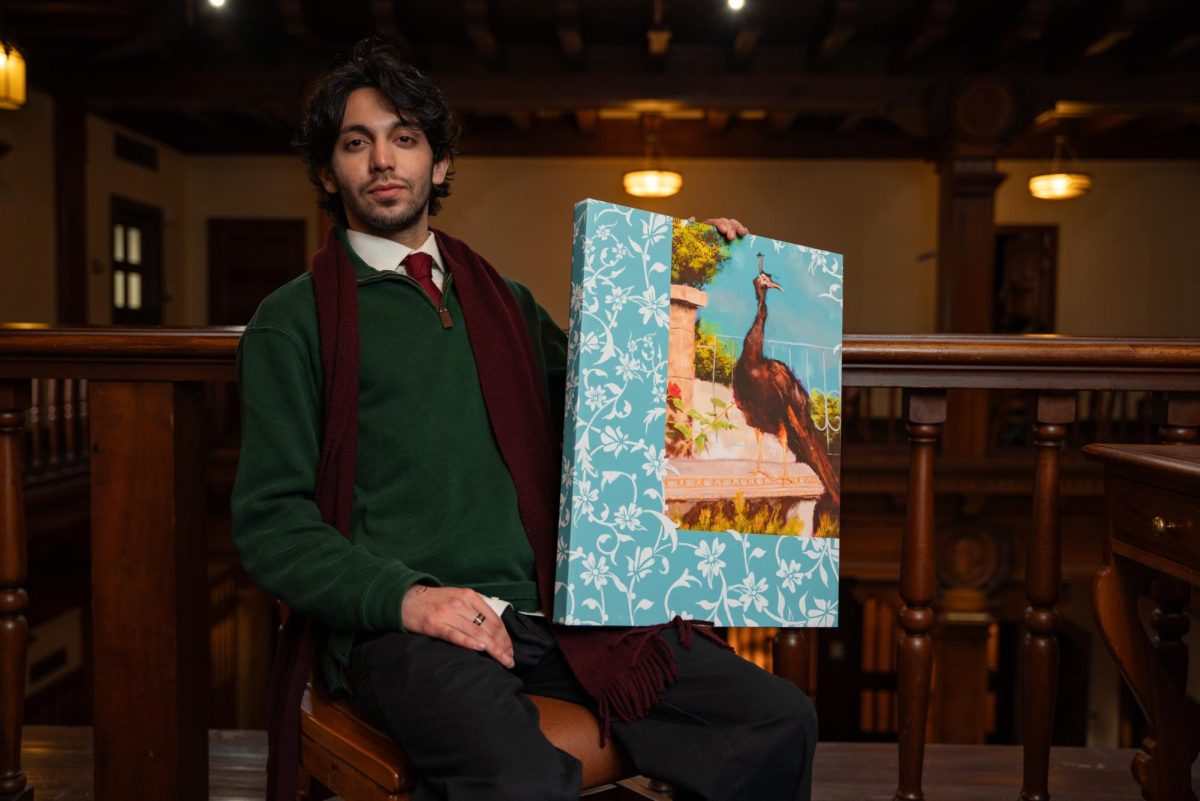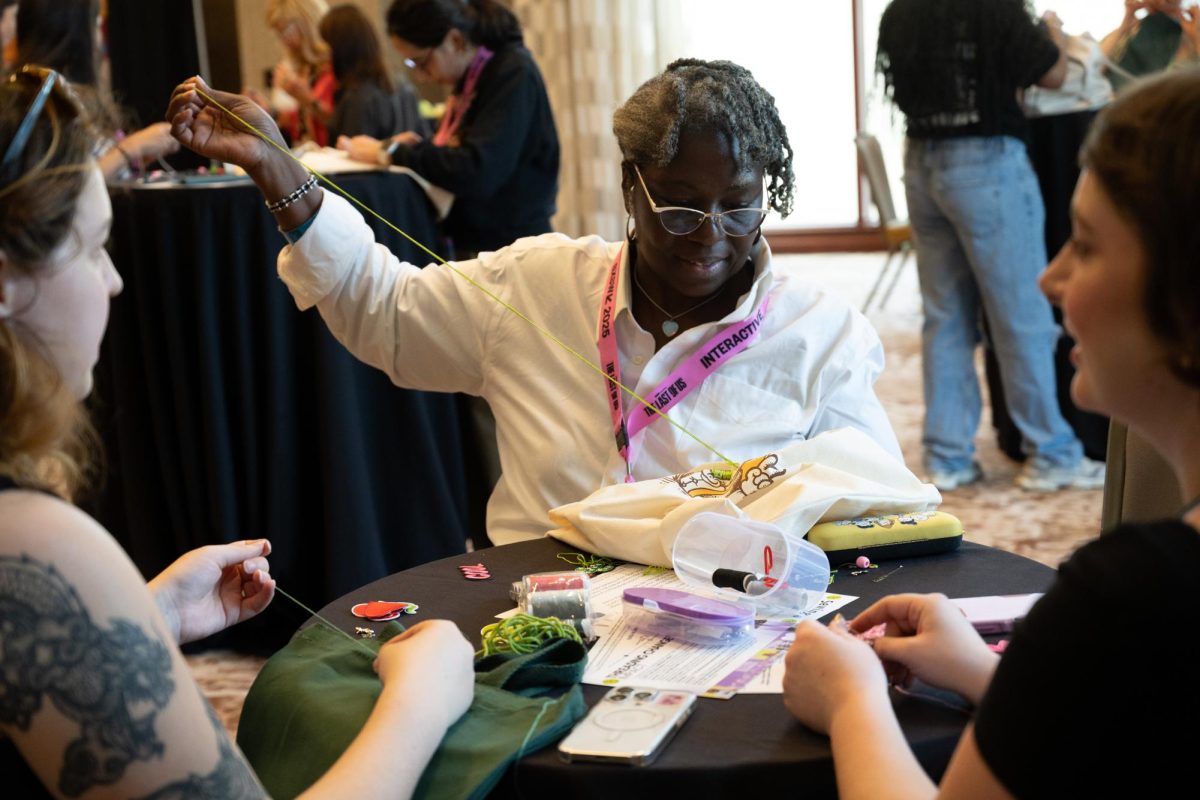Although his works “Bambi” and “Rebel Without a Cause” are cultural staples, few people know of animator and artist Tyrus Wong. After immigrating to the United States at the age of nine, Wong made a name for himself in Hollywood with his Chinese-inspired modernist illustrations, working for studios like Disney and having his work displayed alongside Picasso and Matisse.
Inspired by his life story, Pamela Tom produced, wrote and directed “Tyrus,” a feature-length documentary that follows Wong’s tumultuous life and was shown at the Austin Asian American Film Festival this weekend. The Daily Texan spoke to Tom about the film’s production and the man behind the paintbrush.
The Daily Texan: How did you first come across Tyrus?
Pamela Tom: My daughter was really young at the time, and I was watching “Bambi” at home, and at the end of the film, they have those “making of” [featurettes], and in that, one of the artists kept referring to Tyrus Wong. He was responsible for creating the look of Bambi. My first thought was “Wait a minute, what? A Chinese artist working in the 1930s in Hollywood at Disney?” I decided to look him up and see if he was still living. Sure enough, he was in L.A. and at that time, was in his late 80s. I invited him out to lunch. By the end of lunch, I decided that I really had to make a film
about him.
DT: How exactly do you see Tyrus’ story being a part of Chinese-American history?
PT: In our larger story, he was one of the first to work in Hollywood. He was one of the first to make a living as an artist. He was one of the first to come over to this country. There will never be another Tyrus. It’s still hard for artists, and it’s still hard for Asians to break into Hollywood, but it’s nothing like what it was like for him in the 1930s during the golden age of Hollywood. I see him as a pioneer who broke a lot of barriers for a lot of people. He really is serving as a tremendous role model. Not just for Asian-Americans, but I also think for a lot of young people who want to pursue their dreams whether as writers, artists or filmmakers.
DT: Even though there are a lot of heavy subjects going on, like loss, the film is still really funny and has a lot of comedy in it. What were you keeping in mind when incorporating lightness when focusing on heavy subjects?
PT: The humor and the levity really makes him so much more human. You need that dramatic relief after all of that heaviness in his life. I would listen to all of his interviews and pick what I really liked. Those funny little stories, though they might not really relate to forwarding the narrative, captured his personality. … That is Tyrus. He always has a quip and always has something funny to say. I thought that would be a disservice to him if I didn’t show that part of his personality. That was my challenge as a storyteller, figuring out how to balance all the different emotional downs in his life.
DT: He’s 106 years old. Did he share any secrets of longevity?
PT: Whether he’s jesting or not, the last time somebody brought that up [when] he was in the theater, he stood up and said, “It’s because I’m ornery!” It brought down the whole house. I think it’s his sense of humor, his resilience. The fact that he was gone through so much but has sort of picked his battles. In the film, he talks about how he tries not to dwell on the pain and hostility, the prejudice. He was always forward thinking. He just knew how to measure whether it was worth it to hold onto something or not. He certainly has a lot of fire and vinegar in him. He knew when to pick his battles and when to let go and when not to.
DT: Do you see Tyrus’ work with kites as a way of coping with his wife’s death and gradual decline?
PT: I think that he turns to his artwork for renewal. I think that with every loss, of never being able to see his mother [and] his father passing away, art has sustained him. It didn’t surprise me that he turned to his kites after such a long period of mourning and taking care of her. When people ask me about his longevity, I really think that it’s his art that sustained him spiritually and emotionally.





















